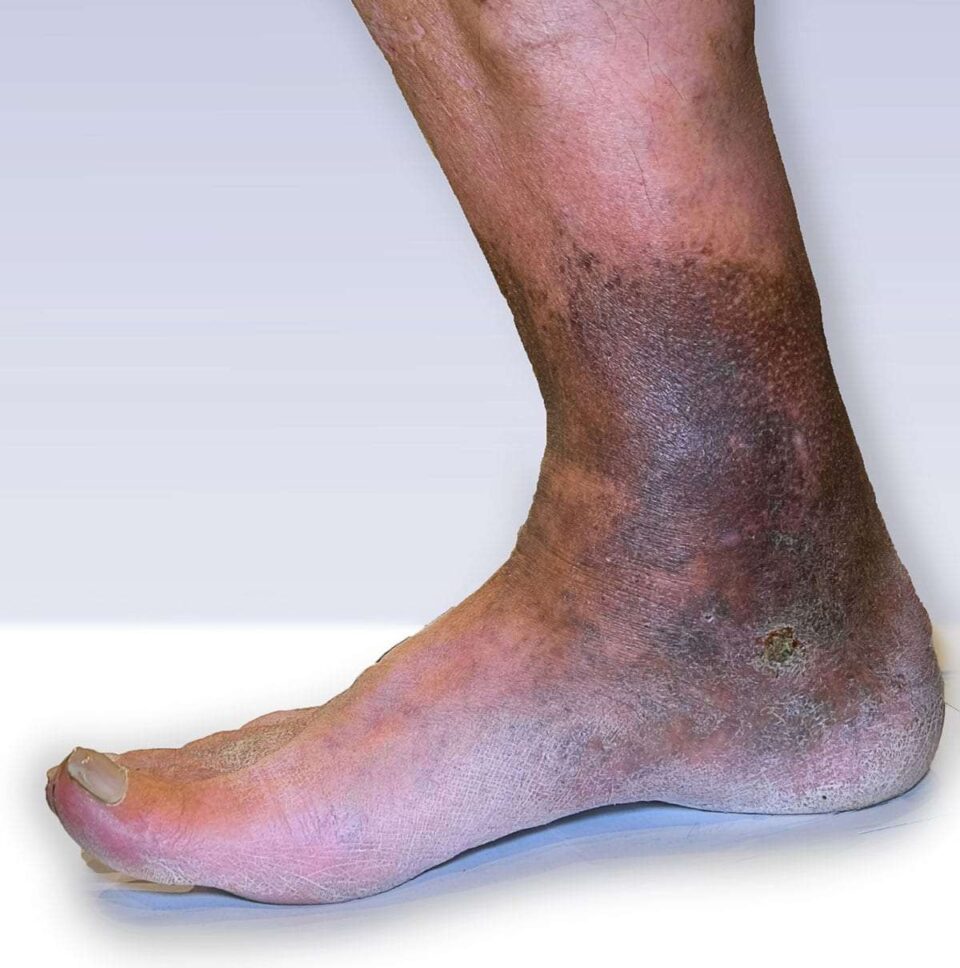In the medical field, certain professionals play critical roles we can’t overlook. Top on the list is the vascular surgeon. When it comes to managing Chronic Venous Insufficiency—a condition that affects blood flow—these specialists are key. For instance, the conroe neurosurgeon, though not a vascular surgeon, works in tandem with them in certain cases. This blog will shed light on the role of these medical mavens in the face of this chronic condition.
What is Chronic Venous Insufficiency?
Chronic Venous Insufficiency is a condition where the veins do not work as they should. Blood does not flow back to the heart smoothly. This can lead to swelling, skin changes, and even ulcers. It’s a common condition that needs ongoing care.
The Role of Vascular Surgeons
Vascular surgeons are the doctors who deal with blood vessel issues. They can diagnose and treat conditions like Chronic Venous Insufficiency. They are trained to use a mix of methods. These methods can be medical, minimally invasive, or surgical. This allows them to tailor their approach to each patient’s needs.

How Vascular Surgeons Help
There are many ways a vascular surgeon can help someone with Chronic Venous Insufficiency. They can:
- Use ultrasound to assess the veins
- Prescribe medication to control symptoms
- Perform procedures to improve blood flow
By doing these things, vascular surgeons can help patients manage their condition. They can reduce symptoms and prevent complications.
Working with Other Specialists
As the Conroe neurosurgeon example shows, vascular surgeons often work with other specialists. This collaboration ensures patients get the best care. It allows for a comprehensive approach to treating Chronic Venous Insufficiency.
Conclusion
In sum, vascular surgeons play a vital role in managing Chronic Venous Insufficiency. They use their training and expertise to diagnose and treat this condition. By doing so, they help patients lead healthier, more comfortable lives.

